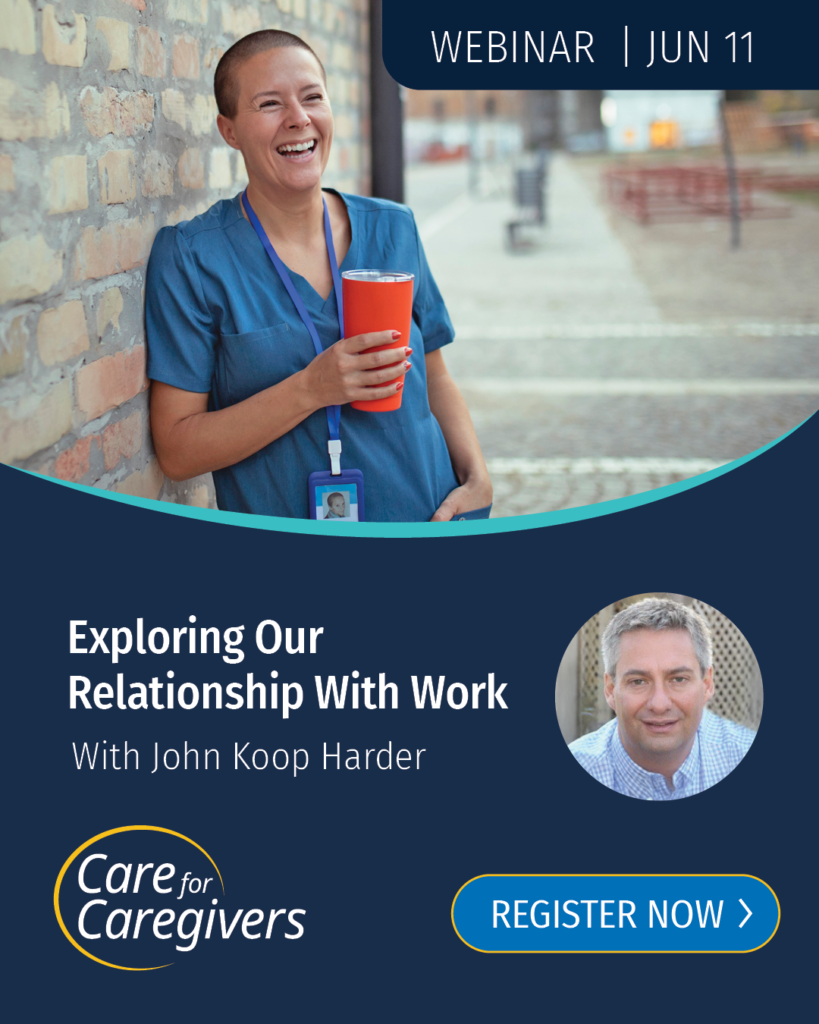- Jun 11, 12:00 pm PST
- Webinar
For those working in non-profits and helping professions, the rewards often go beyond financial compensation. Cultivating resilience and finding fulfillment in our work is essential for sustaining our energy and commitment. This session emphasizes the power of reflection and intentional action in maintaining a healthy and impactful relationship with our work.
Our relationship with work is dynamic, constantly shaping and being shaped by our experiences. For those in helping professions, this relationship can be deeply rewarding but also challenging. While compassion fatigue, burnout, and vicarious trauma are well-documented risks, the upsides—vicarious resilience and compassion satisfaction—are equally profound yet less often explored.
This webinar invites participants to reflect on how their work influences them, both positively and negatively. Through guided reflection, practical strategies, and discussion, we’ll explore how to mitigate the challenges while nurturing the benefits of our work, empowering us to remain engaged, energized, and effective.
By the end of this session, participants will be able to:
- Understand the dual impact of helping professions for both positive (vicarious resilience and compassion satisfaction) and negative (burnout, compassion fatigue, and vicarious trauma) influences of their work.
- Reflect on their personal relationship with work on how their work shapes their identity, emotions, and overall well-being.
- Recognize the importance of balance with intentional reflection and self-awareness to prevent compassion fatigue and burnout.
- Learn practices to enhance vicarious resilience and compassion satisfaction while minimizing the risks of emotional exhaustion.
- Create a personalized plan for an ongoing reflection and self-care tailored to their individual needs and work context.
Our presenter
 Much of John Coop Harder’s career has centred on working with people dealing with crisis and trauma. While he has a diverse practice, he has particular interest and specialized experience in working with families and individuals impacted by grief, addictions, mental health and/or violence, post-war trauma recovery, gender/sexuality issues and sexual abuse recovery.
Much of John Coop Harder’s career has centred on working with people dealing with crisis and trauma. While he has a diverse practice, he has particular interest and specialized experience in working with families and individuals impacted by grief, addictions, mental health and/or violence, post-war trauma recovery, gender/sexuality issues and sexual abuse recovery.
John’s work is also informed by his international experiences working with individuals and communities impacted by civil war and ethnic conflicts in Colombia, Albania and Northern Ireland. John also has a lot of experience working with and learning from Indigenous communities in Canada’s North. Much of his learning about the dynamics of intergenerational trauma and resilience has been informed by his experiences in these contexts.
John approaches his practice from a strengths-based perspective. His approach to both therapy and training assumes that people are their own best experts and already have many of the skills, abilities and competencies that will assist them to address the challenges influencing their lives.
John is a Registered Social Worker and holds a Master of Social Work from the University of Manitoba.



